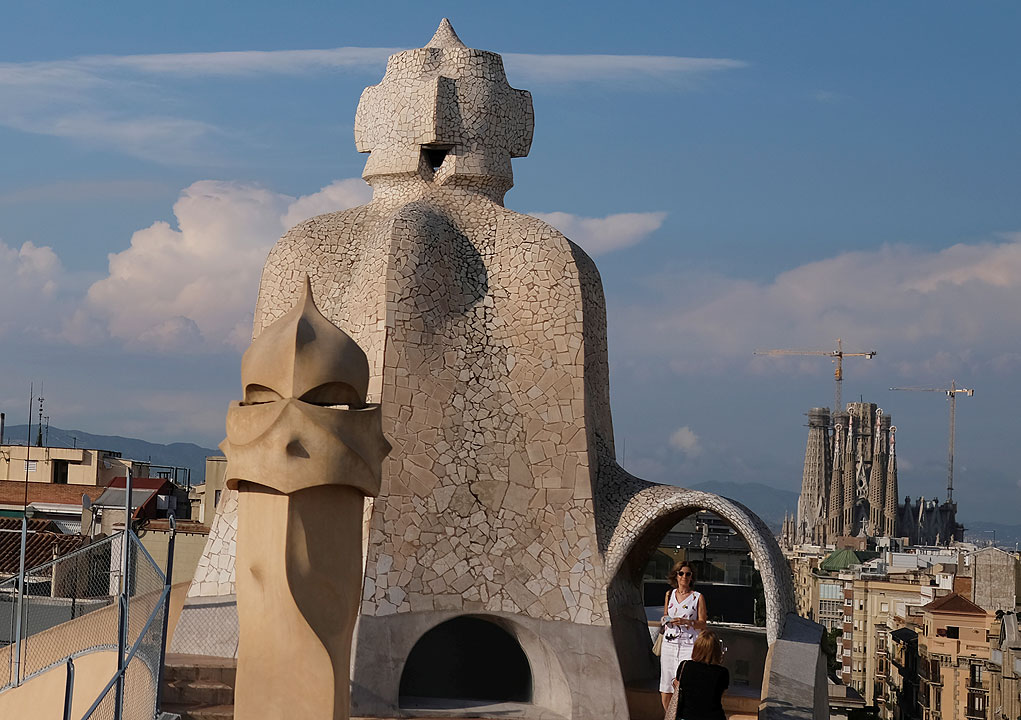EUROPE has again become an epicenter for the coronavirus, calling into question the region’s efforts to recover from the pandemic.
Despite an abundance of Covid-19 shots, countries from Germany to Greece have reported record infections in recent days, while Romania and Bulgaria are experiencing horrific levels of fatalities and overwhelmed hospitals.
That’s putting fresh urgency into efforts to vaccinate the masses, whether that means getting first doses into the arms of tens of millions of vaccine holdouts or preparing to offer booster shots to hundreds of millions of others.
While governments are reluctant to reintroduce lockdowns, countries like Latvia have already concluded there is currently little alternative.
Here’s an overview of the pandemic from across Europe after a sobering week:
GERMANY
Germany’s fourth Covid wave is hitting hard, with infections reaching record levels this week and hospitals in some hot spots becoming overwhelmed. The country is now calling on all adults to get booster shots six months after their second doses, with Health Minister Jens Spahn saying that should be “the rule, not the exception.”
With 16 million Germans who are eligible for Covid shots having thus far refused them, authorities have little recourse but to push for greater protection for those willing to roll up their sleeves. The country’s efforts to respond are further complicated by a change in power. Chancellor Angela Merkel’s authority is fading as Social Democrat Olaf Scholz proceeds with efforts to form a new government.
UNITED KINGDOM
Coronavirus infections in England reached a new high in October, according to large study by Imperial College London. UK Health Secretary Sajid Javid said that the study sends an “important message” about remaining vigilant heading into winter.
Last month, the country kicked off its largest-ever flu shot drive to address concerns over a spike in Covid cases coinciding with a resurgent flu. National Health Service walk-in centers in England have started offering coronavirus boosters for at-risk people without an appointment. Britain’s regulator also became the first in the world to approve Merck & Co.’s Covid-19 antiviral pill.
ITALY
In Italy, some northern regions, including Veneto and Friuli Venezia Giulia, have seen a fast increase in cases, linked in part to protests by anti-vaccine activists against the introduction of a mandatory pass. The rise has prompted authorities to make a renewed push for people to get shots.
“We are working to extend the booster dose to new age groups starting next week,” Health Minister Roberto Speranza said Friday at a press conference in Rome. “We still need to catch up on first doses and accelerate on the third ones.”
FRANCE
In France, where government curbs helped keep infections at relatively low levels, cases are again beginning to rise. Officials across the country will reinstitute mask-wearing mandates in schools, while President Emmanuel Macron will take stock of the situation in an address to the nation on Tuesday.
Mr. Macron’s policy of requiring proof of vaccination for restaurants, cinemas and other venues helped bolster the immunization campaign and has been widely credited with keeping case counts, hospitalizations and deaths at lower levels than some neighboring countries. The French legislature passed a bill Friday that would keep the vaccine passport system in place as long as the end of July 2022, and officials are now encouraging older people to get booster shots.
SPAIN
Spain is a rare bright spot in Europe. Infections have remained low since September, with hospitalizations continuing to fall markedly.
Over 88% of people 12 and older are completely vaccinated and more than 1 million people have received a booster shot since the government approved the measure in early October.
PORTUGAL
While Portugal on Thursday reported the highest number of daily cases since Sept. 9, the latest figures are still just a fraction of the January peak, when the country faced one of the world’s worst outbreaks.
About 86% of the country’s population is now completely vaccinated, among the highest rates in the world.
About 86% of the Portugal’s population is completely vaccinated according to the government.
IRELANDIreland’s daily case numbers are at their highest since January. The country held off plans to drop most remaining restrictions last month.
Deputy Prime Minister Leo Varadkar on Friday refused to rule out new limits on activity before the end of the year if the health system comes under renewed pressure.
GREECE
In Greece, five record highs over the past six days has prompted a fresh round of restrictions, with unvaccinated individuals now needing to show a negative Covid test in order to visit some shops, beauty salons and restaurants.
The measures exempted supermarkets and drug stores, but also churches, which sparked more criticism over the government’s handling of the pandemic.
DENMARK
In Denmark, where more than 75% of the population is fully vaccinated, the number of daily cases has doubled in the last 10 days and hospitalizations have spiked.
Soren Brostrom, head of the country’s health authority, on Thursday urged the government to re-introduce some restrictions, including the use of Covid-19 passports at public events.
HUNGARY
Hungary’s slow vaccine campaign and lack of Covid measures has helped fuel one of the world’s fastest growth rates in infections.
Prime Minister Viktor Orban is now trying to tighten some restrictions, including re-introducing a mask mandate on public transportation. Employers are also allowed to demand vaccine certificates from workers, who can be sent on unpaid leave if they refuse. In a state radio interview on Friday, Mr. Orban said further curbs may be introduced later, without providing specifics.
CZECH REPUBLIC
The Czech Republic recorded its worst week of infections since March, when it endured one of the deadliest outbreaks in the world. Hospitalizations are at a six-month high, and fatalities are also rising.
The country is tightening rules to make it harder for unvaccinated people to visit restaurants as well as sporting and cultural events. But the outgoing government is refusing to impose harsher social distancing measures or shut down parts of the economy again. — Bloomberg
